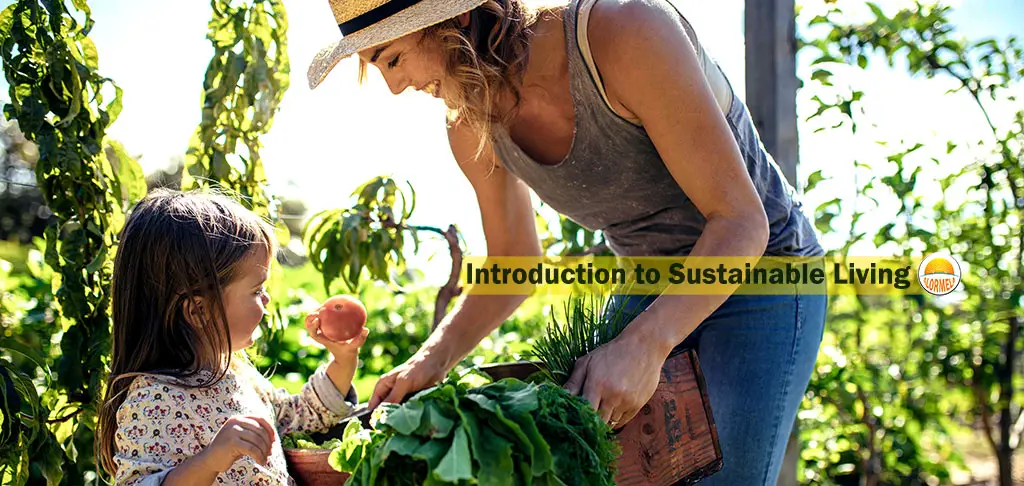In today's world, where environmental concerns are becoming increasingly critical, adopting a sustainable lifestyle has never been more important. Sustainable living refers to making conscious choices that minimize our impact on the environment, conserve natural resources, and promote long-term ecological balance.
By embracing sustainable practices, we can create a greener future for ourselves and future generations. In this beginner's guide, we will explore the principles of sustainable living and provide practical tips on how to incorporate them into your daily life.
Understanding Sustainability
Sustainability encompasses three main pillars: environmental, social, and economic. Environmental sustainability focuses on minimizing our ecological footprint by conserving resources, reducing waste, and protecting biodiversity. Social sustainability emphasizes promoting social equity, justice, and inclusivity. Economic sustainability involves supporting local economies, fair trade, and responsible consumption.
Reducing Energy Consumption
One of the fundamental steps towards sustainable living is reducing energy consumption. Start by making your home more energy-efficient through measures such as installing energy-efficient light bulbs, insulating windows, and using smart thermostats. Unplug electronic devices when not in use and opt for renewable energy sources like solar panels whenever possible.
Water Conservation
Conserving water is crucial for sustainable living, especially in regions experiencing water scarcity. Practice simple habits like turning off the faucet while brushing your teeth, taking shorter showers, and fixing leaks promptly. Additionally, consider installing water-saving fixtures such as low-flow showerheads and faucets, as well as collecting rainwater for irrigation purposes.
Waste Reduction and Recycling
Minimizing waste is a key aspect of sustainable living. Start by adopting the "3 R's" mantra: reduce, reuse, and recycle. Reduce waste by avoiding single-use items and opting for durable, reusable alternatives. Reuse items creatively by repurposing them or donating them to others in need. Recycle materials such as paper, plastics, and glass to divert them from landfills.
Sustainable Transportation
Transportation is a significant contributor to carbon emissions. Opt for sustainable transportation options whenever possible. Consider walking or cycling for short distances, carpooling with others, or using public transportation. If you own a car, choose fuel-efficient or electric vehicles and maintain them properly to maximize fuel efficiency.

Conscious Consumerism
Make informed choices as a consumer by supporting companies and brands that prioritize sustainability and ethical practices. Look for eco-friendly certifications, fair trade labels, and organic products. Prioritize quality over quantity, and consider buying second-hand or locally produced items to reduce the environmental impact of manufacturing and transportation.
Sustainable Food Choices
The food we consume has a considerable ecological footprint. Opt for locally sourced, organic, and seasonal produce. Reduce meat consumption and incorporate more plant-based meals into your diet. Support sustainable farming practices, such as regenerative agriculture and community-supported agriculture (CSA).
Cultivate Green Spaces
If possible, create green spaces in your home or community. Plant native species, grow your own herbs and vegetables, and encourage biodiversity by providing habitats for pollinators and wildlife. Consider composting to reduce food waste and create nutrient-rich soil for your plants.
Education and Awareness
Stay informed about environmental issues and share your knowledge with others. Engage in discussions, attend workshops, and participate in community initiatives that promote sustainable living. By raising awareness, you can inspire others to adopt eco-friendly practices as well.
Embracing sustainable living is not just a trend; it's a responsibility we all share. By making conscious choices in our daily lives, we can contribute to a healthier planet and a brighter future. Start small, gradually incorporate sustainable practices, and encourage others to join the movement. Together, we can create a more sustainable world for generations to come.

